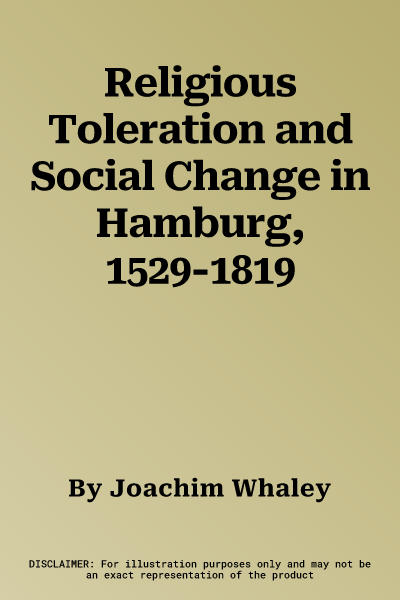Joachim Whaley
(Author)Religious Toleration and Social Change in Hamburg, 1529-1819Hardcover, 30 August 1985

Temporarily out of stock
Free Delivery
Cash on Delivery
15 Days
Free Returns
Secure Checkout

Part of Series
Cambridge Studies in Early Modern History
Part of Series
Cambridge Earth Science Series
Print Length
261 pages
Language
English
Publisher
Cambridge University Press
Date Published
30 Aug 1985
ISBN-10
0521261899
ISBN-13
9780521261890
Description
Product Details
Author:
Book Format:
Hardcover
Date Published:
30 August 1985
Dimensions:
22.81 x
15.19 x
2.11 cm
Genre:
Germany
ISBN-10:
0521261899
ISBN-13:
9780521261890
Language:
English
Location:
Cambridge
Pages:
261
Publisher:
Weight:
517.09 gm